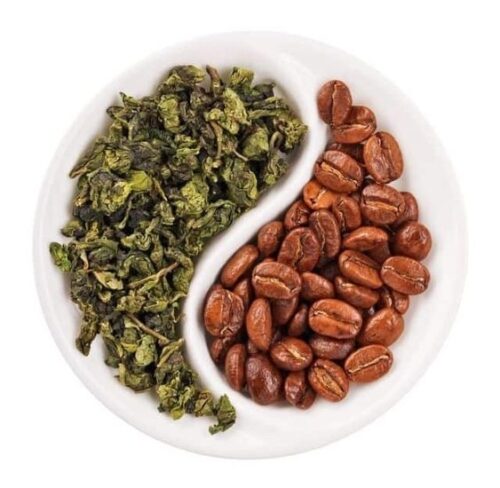
Tea and coffee are undeniably two of the most popular beverages worldwide, a trend evident from the abundance of tea houses and coffee shops in every corner of the globe. Both drinks share a common component—caffeine—that contributes to their energizing effects. While tea typically contains 25-70 milligrams of caffeine per cup, coffee has a higher concentration, ranging from 90-170 milligrams per cup. For those seeking a lower-caffeine alternative, tea is often the preferred choice.
The Benefits and Risks of Tea and Coffee
Both tea and coffee offer unique health benefits, but their effects largely depend on how they’re consumed and in what quantities.

The Case for Coffee
Coffee is rich in potassium and phosphorus, which promote bone health. Drinking coffee in moderation can:
- Boost circulation: Caffeine increases heart rate and improves blood flow.
- Protect against disease: Coffee reduces the risk of Alzheimer’s, migraines, and gout, especially in men.
- Warm the body: Ingredients like milk and sugar provide energy that helps to warm you in cold weather.
However, excessive coffee consumption—more than 3-4 cups a day or 400 milligrams of caffeine—can lead to side effects such as:
- Anxiety and insomnia
- Rapid or irregular heartbeat
- Stomach irritation, especially on an empty stomach
- Increased risk of miscarriage or reduced blood flow to the heart
For coffee lovers, the aroma of roasted beans is an added charm, as it can alleviate stress caused by insomnia.

The Case for Tea
Tea is revered for its high antioxidant content, which supports overall health. Key benefits of tea include:
- Stress reduction: Regular tea consumption, especially varieties like jasmine, fruit teas, or green tea, can lower stress hormones and promote relaxation.
- Cancer prevention: Antioxidants in tea, such as catechins, may reduce the risk of certain cancers.
- Skin health: Regular tea consumption helps slow the signs of aging.
- Support for heart and brain health: Tea aids blood circulation, reduces Alzheimer’s symptoms, and even improves migraine treatment efficacy.
However, drinking too much tea may lead to:
- Reduced iron absorption due to tannins, potentially causing anemia
- Increased risk of osteoporosis
- Higher likelihood of esophageal cancer if consumed excessively hot
Each tea type has varying caffeine levels, with black tea containing the most (23-110 milligrams per cup), followed by oolong, green, and white teas.

Striking the Right Balance
Both tea and coffee have their pros and cons. The key to maximizing their benefits lies in moderation. For health-conscious individuals, tea is often favored due to its lower caffeine levels and additional compounds like catechins. Preparing your tea or coffee at home can be a healthier option, allowing you to control the amount of sugar, milk, or cream added.
Ultimately, whether you prefer the robust flavors of coffee or the calming aromas of tea, both beverages offer delightful experiences that cater to different tastes and needs. With mindful consumption, they can be enjoyed as part of a balanced and healthy lifestyle.
